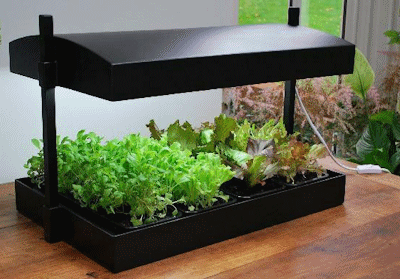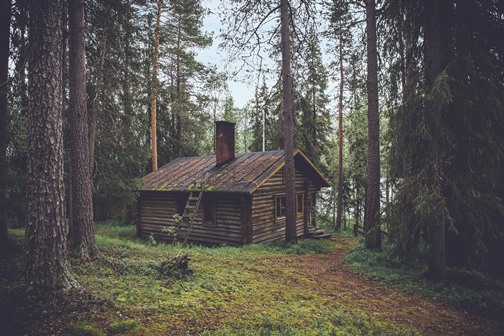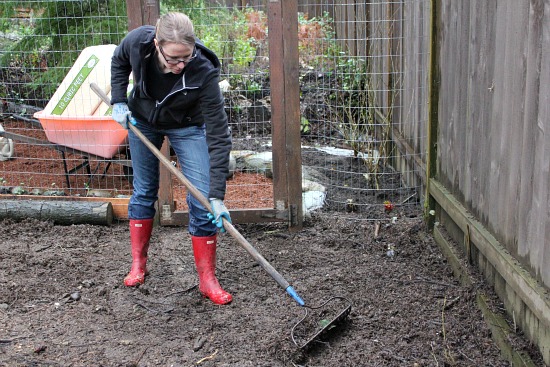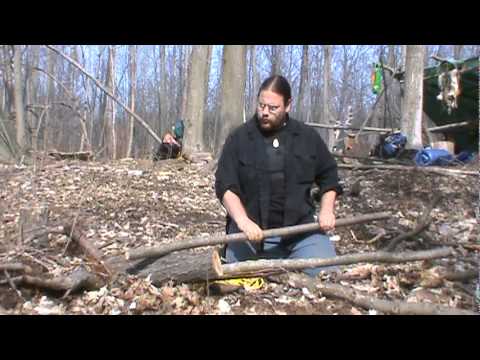Understanding Garden Zones (Infographic)
Understanding garden zones is so important if you want to have a hearty garden. Some plants will thrive in one area and completely fail in others! Also, when you are buying seeds, they will usually come with indications as to what zone they will work in. When you get started gardening, figuring out your first … Read more








